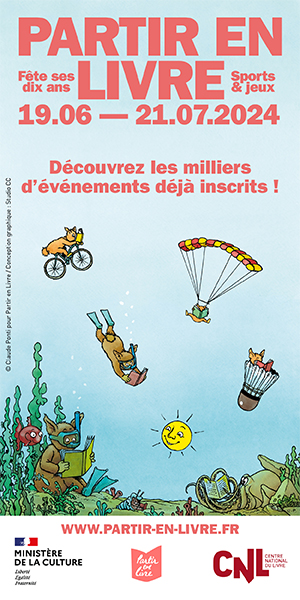Les filles du pasteur : Daughters of the Vicar
Extraits
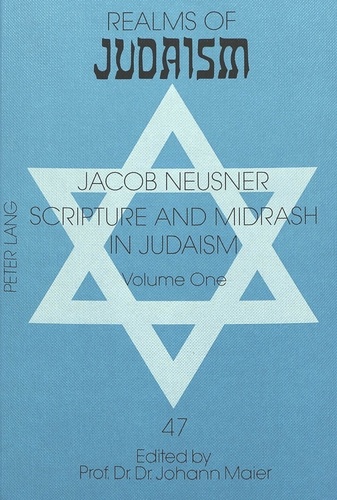
Sciences politiques
Scripture and Midrash in Judaism
03/1994

Non classé
Oaths, Vows and Promises in the first Part of the French Prose Lancelot Romance
02/1993
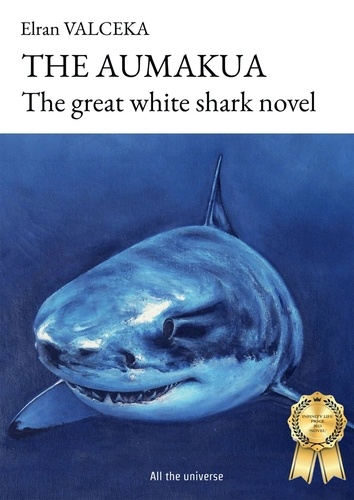
Science-fiction
The aumakua. The great white shark novel
09/2023
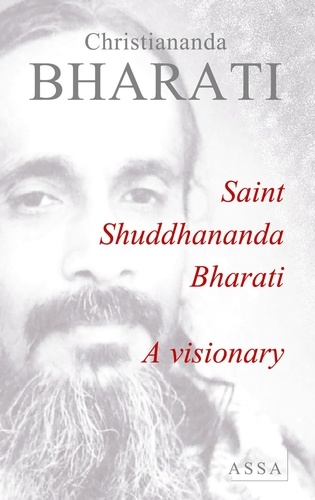
Littérature française
Saint Shuddhananda Bharati A visionary
11/2013

Histoire de France
CRASH IN BAYEUX - The Last Flight of Sergeant Ferguson
09/2014
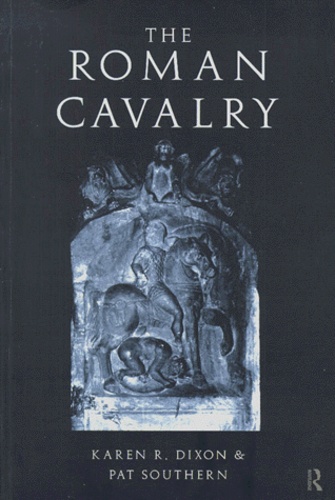
Histoire ancienne
THE ROMAN CAVALRY. From the First to the Third Century AD
01/1992
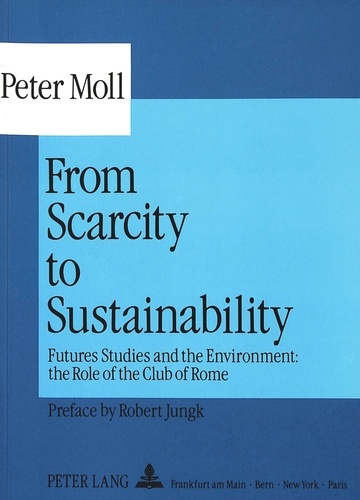
Non classé
From Scarcity to Sustainability
12/1991
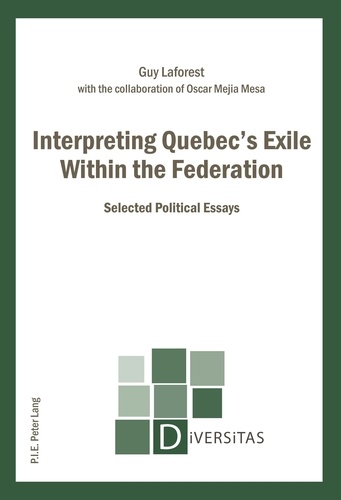
Philosophie
Interpreting Quebec’s Exile Within the Federation. Selected Political Essays
12/1986
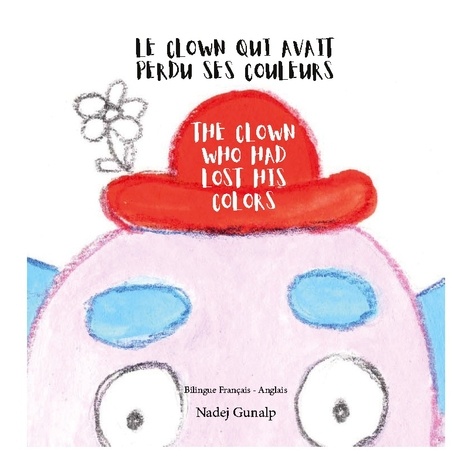
Autres éditeurs (A à E)
Le clown qui avait perdu ses couleurs. Edition bilingue français-anglais
07/2022
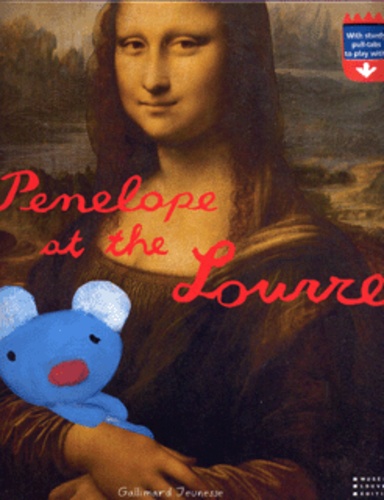
Livres 3 ans et +
Penelope at the Louvre
01/2009
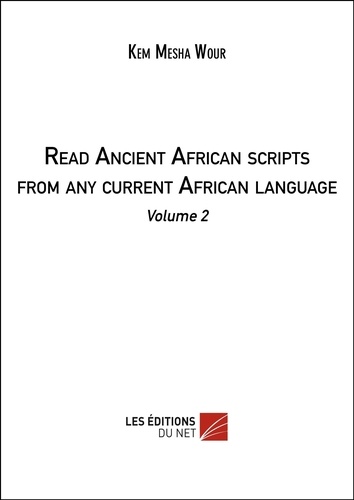
Non classé
Read Ancient African scripts from any current African language. Volume 2
05/2020
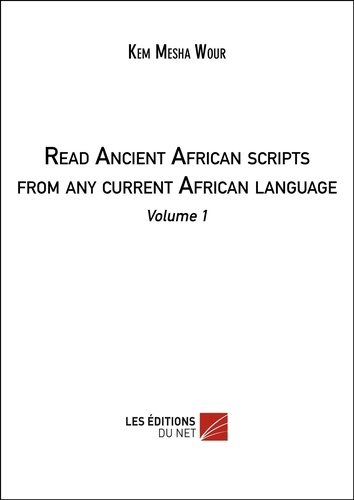
Non classé
Read Ancient African scripts from any current African language. Volume 1
05/2020
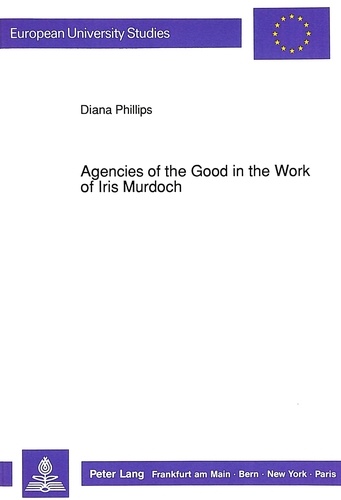
Philosophie
Agencies of the Good in the Work of Iris Murdoch
10/1991
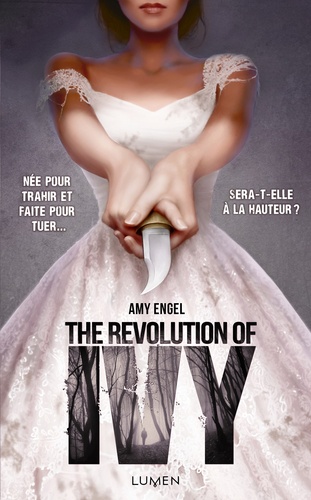
12 ans et +
The Book of Ivy Tome 2 : The Revolution of Ivy
11/2015
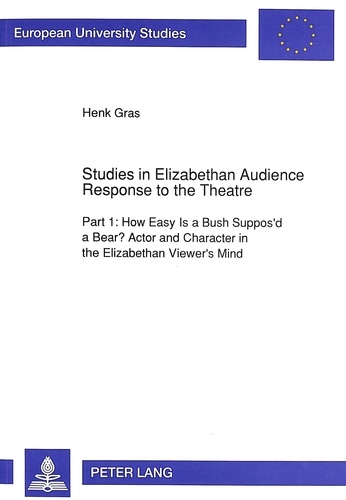
Non classé
Studies in Elizabethan Audience Response to the Theatre
02/1993
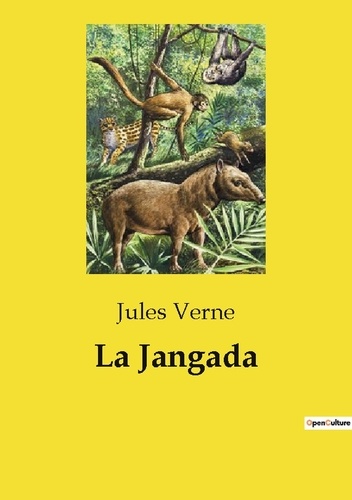
Littérature française
La jangada. .
06/1981
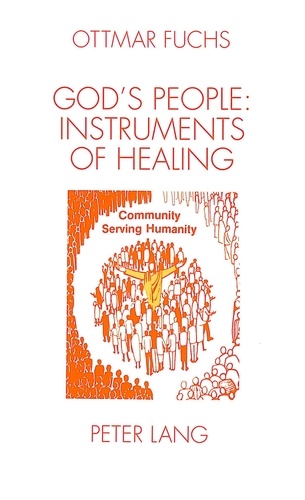
Religion
God's People: Instruments of Healing
07/1993
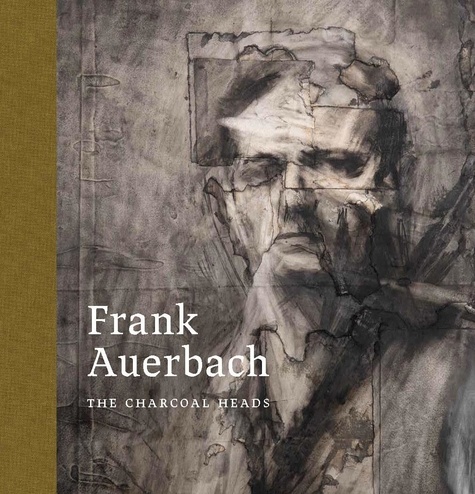
Mouvements artistiques
Frank Auerbach. The Charcoal Heads
03/2024
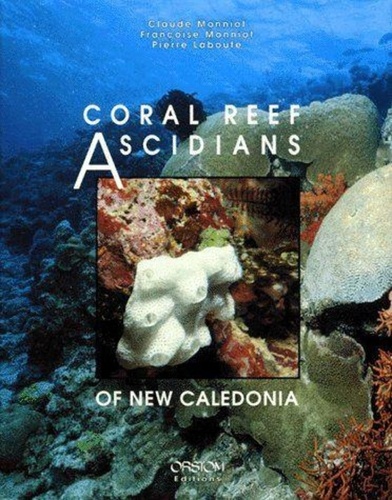
Sciences de la terre et de la
Coral reef ascidians of New Caledonia
08/1991
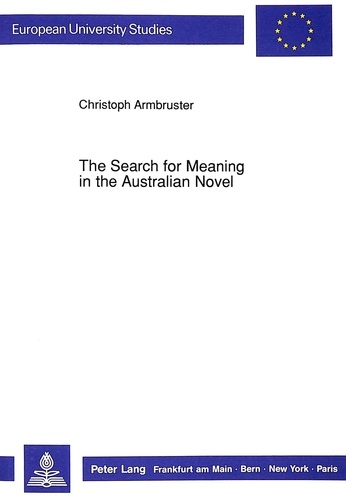
Sociologie
The Search for Meaning in the Australian Novel
10/1991
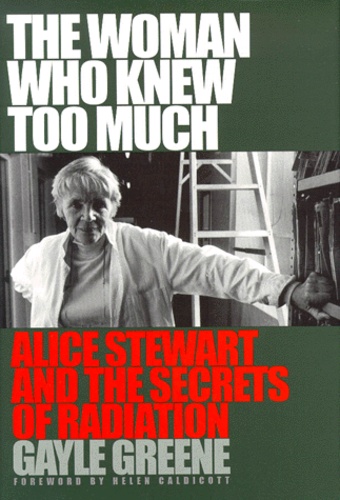
Histoire et Philosophiesophie
THE WOMAN WHO KNEW TOO MUCH. Alice Stewart and the secrets of radiation
02/2000
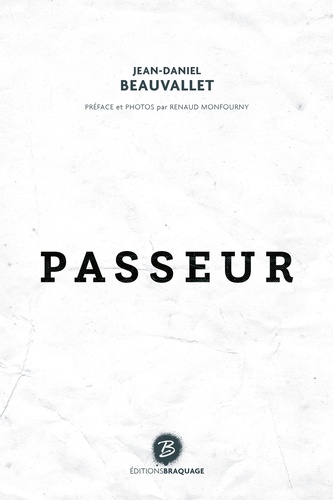
Rock
Passeur
10/2021
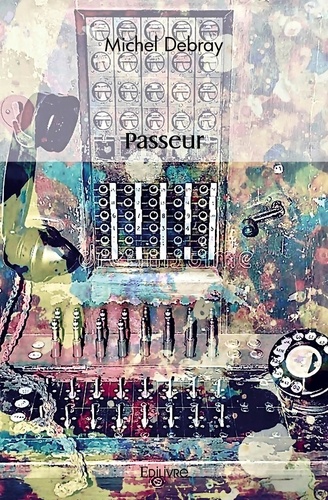
Biographies
Passeur
10/2021
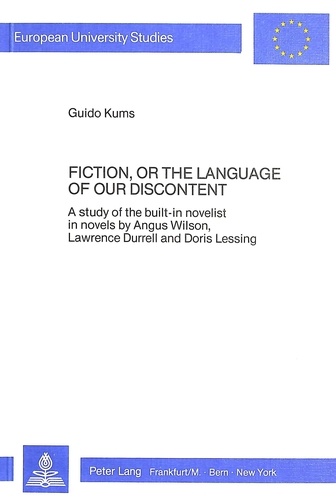
Non classé
Fiction, or the language of our discontent
12/1985
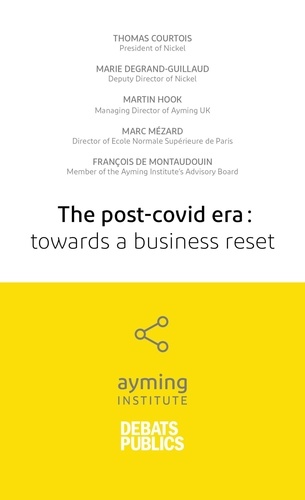
Actualité et médias
Performance post-crise
01/2021
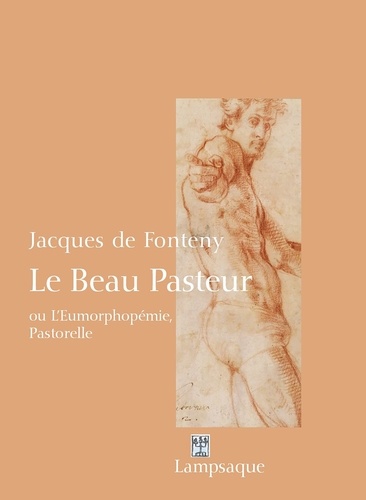
Littérature française (poches)
Le Beau Pasteur
10/2018
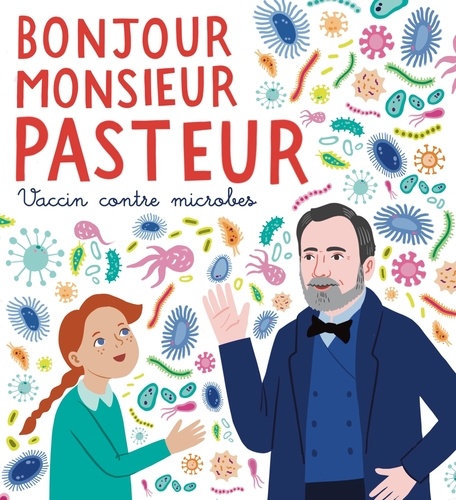
Sciences et inventions
Bonjour Monsieur Pasteur
09/2022
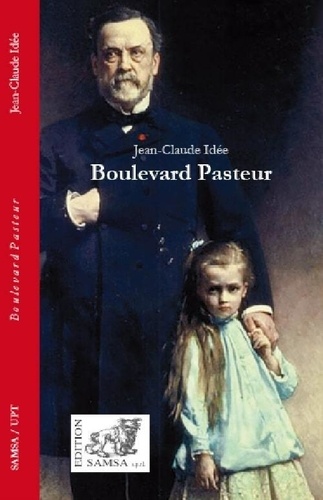
Théâtre - Pièces
Boulevard Pasteur. théâtre
11/2022
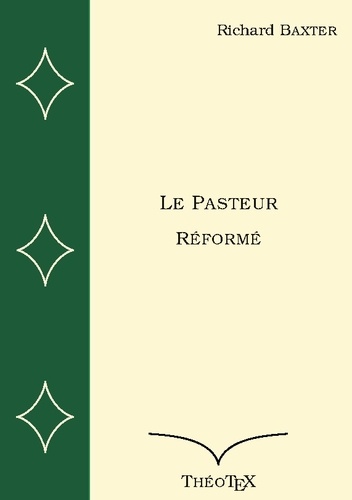
Protestantisme
Le Pasteur Réformé
03/2023
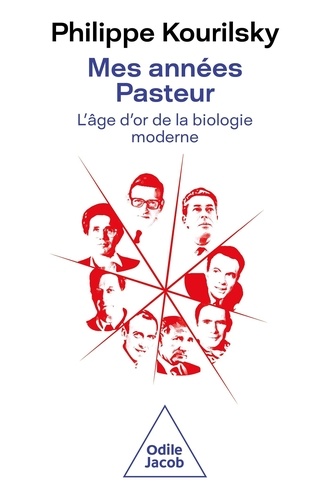
Histoire de la philosophie des
Mes années Pasteur
03/2023

